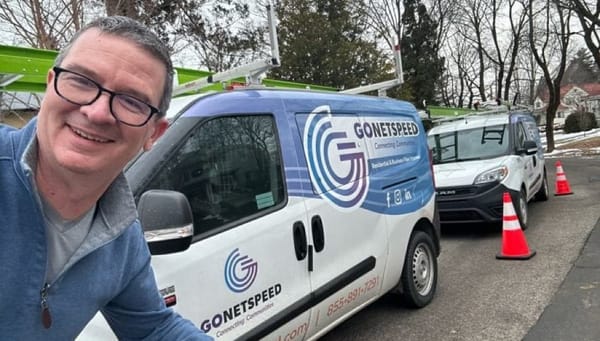FCC Seeks Input on new Broadband Definition
WASHINGTON August 10, 2010- In the most recent Broadband Development Report the Federal Communications Commission stated that deployment was not increasing. This was the first time that the commission had made the claim due to their decision to update the definition of broadband. In reaction to this
WASHINGTON August 10, 2010- In the most recent Broadband Development Report the Federal Communications Commission stated that deployment was not increasing. This was the first time that the commission had made the claim due to their decision to update the definition of broadband. In reaction to this new definition the commission has released a Notice of Inquiry for next year’s report.
The principal question asked in the NOI is how the commission can determine what the definition of broadband should be. Since broadband has no technical definition it is a term which is relative to the speeds available.
In this year’s report the FCC said that the reason they updated the definition from 200Kbps to 4Mbps down is due the fact that the average speed of access has increased.
“In making this change, the Commission recognized that consumer applications and expectations have evolved in ways that demand increasing amounts of bandwidth. In particular, the Commission found that 200 kbps is not enough bandwidth to enable a user, using current technology, “to originate and receive high-quality voice, data, graphics, and video telecommunications,” as section 706 requires of advanced telecommunications services. This new broadband threshold is the same as the national broadband availability target the National Broadband Plan recommended for every household in America. “
The commission asks if they should use a static definition until that definition becomes outdated or should they change it annually.
Additionally they seek advice on when they should claim broadband is available; “the Commission found broadband to be available in a county (or county equivalent) if at least 1 percent of the households in that county subscribe to broadband. Was this “de minimis threshold” reasonable?”
Commissioner Robert McDowell released a statement in which he supported the notice but not the conclusions made by the most recent deployment report. “I support the Commission’s effort to ask many questions and to seek more granular data. Nevertheless, my support for this inquiry should not be construed as an endorsement of any particular reference to the Sixth Broadband Deployment Report released on July 20 of this year. I am concerned that the report’s conclusions may be used to promote and support a regulatory agenda that could have the unintended effect of slowing further deployment, usage, investment, and job creation.”
Chairman Genachowski’s statement simply stated that this NOI will help the FCC determine how broadband is being deployed; “We know from our last report that our nation is not where it needs to be in this area—between 14 and 24 million Americans remain without access to robust broadband, and market forces alone are unlikely to close this gap in the near future. Some find this acceptable; I do not. This finding underscores the urgency of our ongoing work to implement the recommendations of the National Broadband Plan. That work includes reforming the Universal Service Fund as an effective public-private partnership that fuels investment in networks to bring broadband to unserved Americans.”






